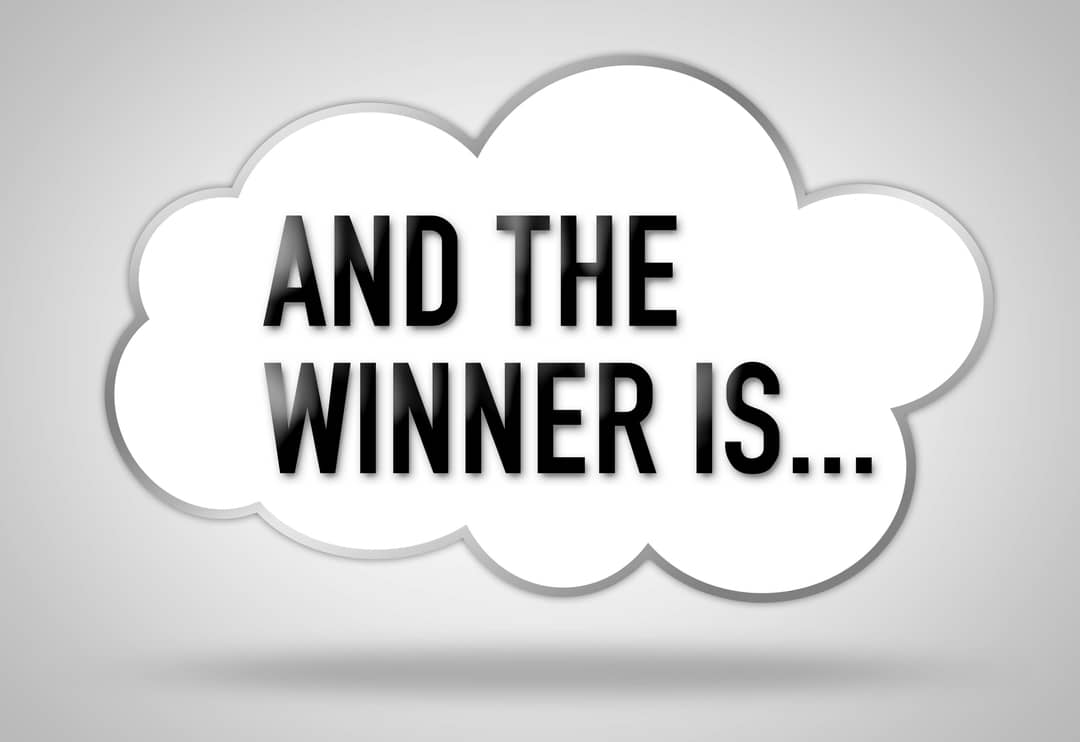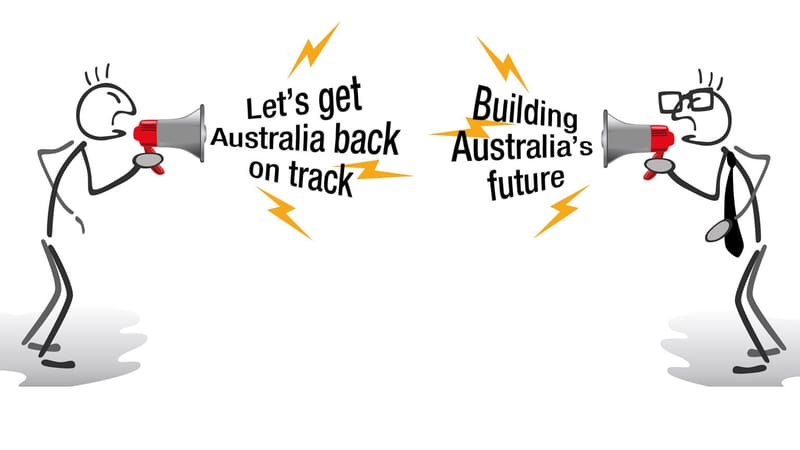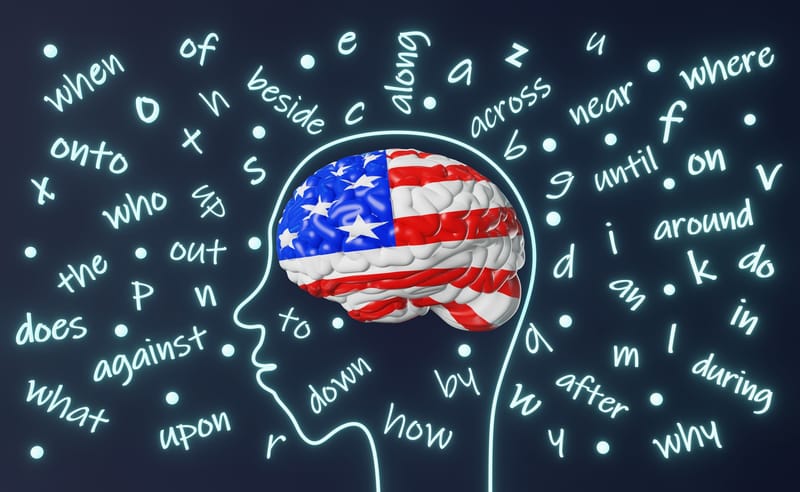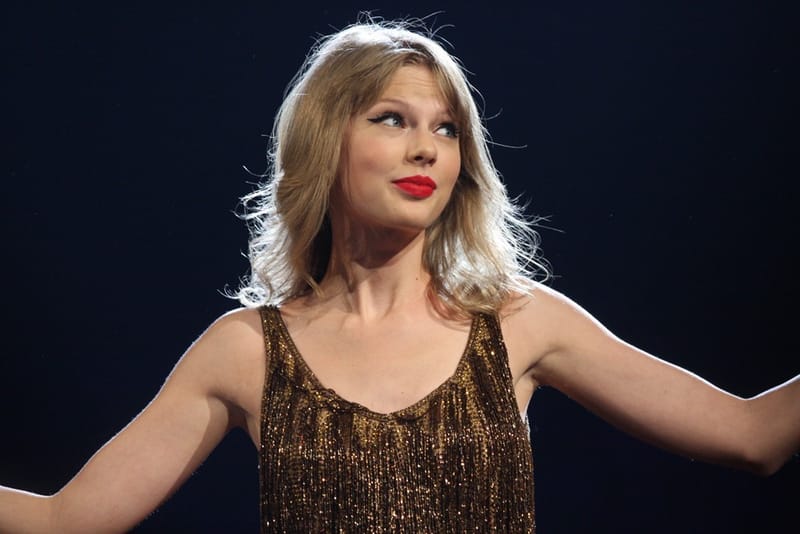
A key part of Australian “slanguage” is the diversity of idiomatic expressions, shortened forms, and unique words. But are there some items that stand out as exceptionally Australian?
You know – those words that come to mind (and to mouth) when we delve into the deep, dark “ocker” regions of our souls.
Our survey of 2300 Australians has given us a tremendous amount of information about the words and phrases we use.
For instance, we can tell you what the most common word for a “very good thing” is (“bonzer”), an idiot (“drongo”), or an attractive person (“spunkrat”).
Our survey even tells us great stuff about how these words get used by everyday Australians – as when one survey-taker said: “These researchers want me to do their job for them … what a bunch of bludgers.”
However, our survey format – asking for slang terms for specific meanings such as “very good” or “intoxicated” – meant we couldn’t tell what the most common “overall” slang term was.
No worries, though. We can take a sticky-beak at some data collected by various ABC radio stations that posed this exact question on Facebook.
These stations, from ABC Melbourne to ABC Tropical North, posted the simple question: “What do you think is ‘the greatest’ Aussie slang word or phrase?” And we’ve looked at more than 1500 comments across seven Facebook posts by ABC radio pages to give you the answer.
And the winner is …?
Two great Aussie expressions stand out – cited twice as much as the third-most-common term.
In second place: “Yeah, nah”, meaning “No”… or does it mean “Yes”?
“Yeah, nah” is a classic Aussie expression that confuses many non-Australians in a way that seems to delight us all – nearly as much as warning tourists of the latest figures on drop bear sightings. (My, they’re on the rise these days!)
We also can’t forget its smaller cousin, “Nah, yeah”, which means the opposite of whatever you believe “Yeah, nah” to mean. (So “Yes”... probably?)
The ways we use “Yeah, nah” and “Nah, yeah” are quite varied, and we’ll be doing a dedicated blog post on these terms in the future.
But the most common word is one so quintessential that it has a habit of slipping into nearly every other phrase without a thought. Yep, it’s “mate”. (Of course it’s mate.)
For every individual “mate”, there’s a “How ya goin’ mate”, or a “G’day, mate”, or a “She’ll be right, mate”.
Any other Australian phrase – including “Yeah, nah” – can be improved by the simple addition of a “mate” at the end. We use it to our friends, we use it towards strangers. Our enemies can be “your mate”, and anyone and anything else can be “old mate”.
Some might argue that mate isn’t Australian, that it’s still used regularly in Britain, and this is a commonly recurring observation.
Many items of our lingo would be used or understood by someone from the UK, yet this seems to do little to sway us from declaring such terms as Australian. In fact, according to lexicographer Bruce Moore, there are more than 175 UK regional dialect terms in our beloved Australian slang.
Mateship is a thing that we talk about a lot in Australia, and regardless of its usage elsewhere, there are aspects of “mate” and what it means to Australians that makes it a key part of what we consider to be “Australian”. Again, we’ll have more to say on this in a future dedicated blog post.
So, spread the word and let your mates know about these top Aussie slang terms, and if they give you a “Yeah, nah”, send them here to let us know what they think are the “greatest” Aussie slang words.
Go to our website to catch up on other discoveries on the history and evolution of Aussie slang, and to comment on this article. We’d love your feedback.





